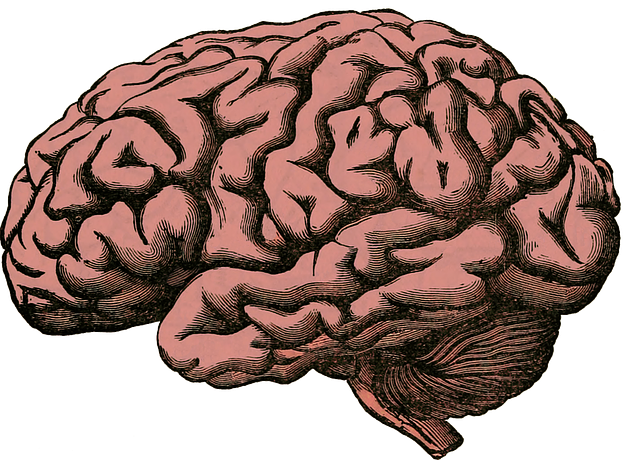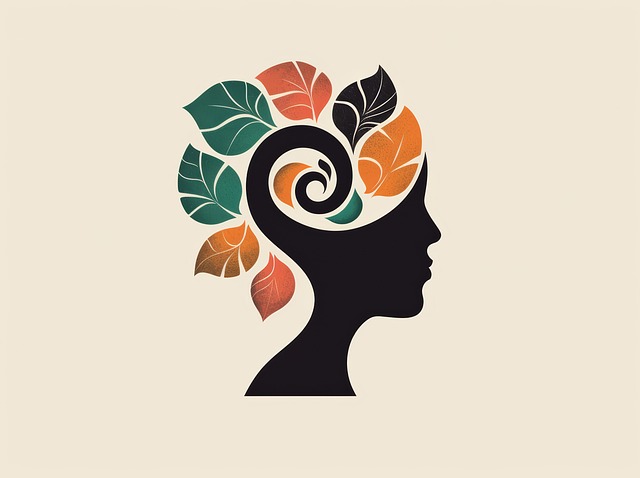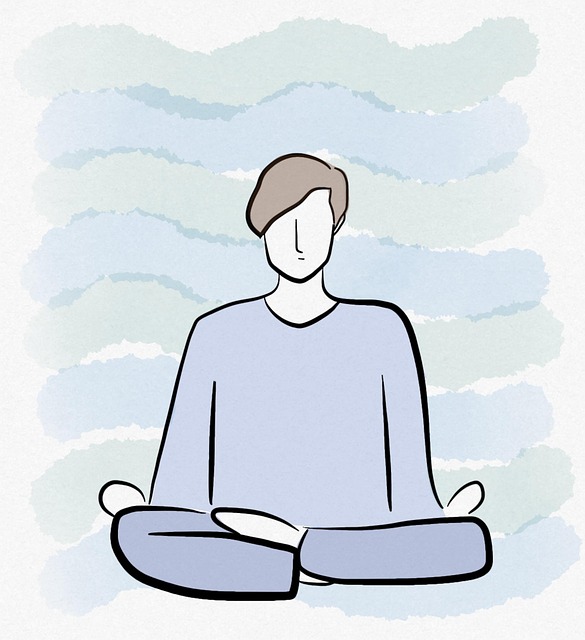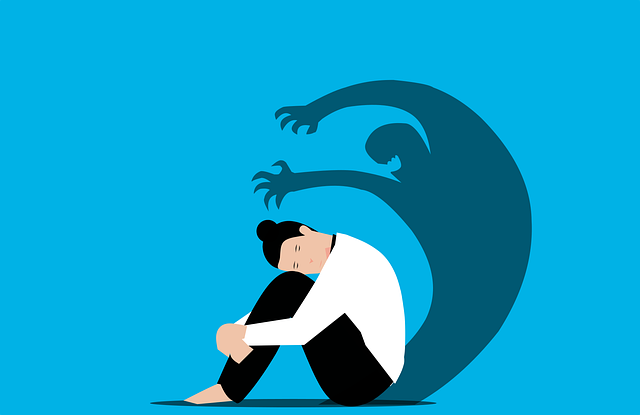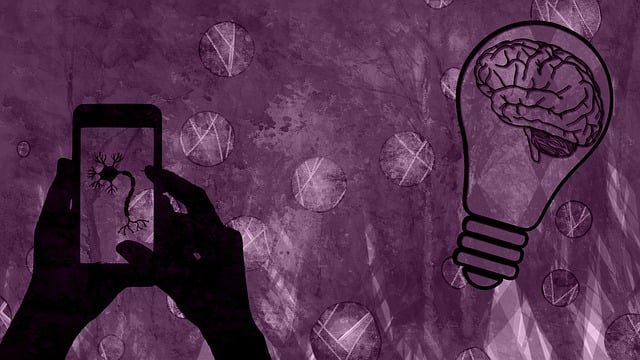Aurora Abuse Survivors (AAS) often experience chronic stress due to past traumas, leading to mental and physical health issues. Therapy, particularly Cognitive Behavioral Therapy (CBT) and Social Skills Training, is vital for managing this unique stress form by processing trauma, learning coping strategies, and building resilience. AAS therapy centers create supportive environments with calming ambiance, validating experiences, and fostering inclusivity to encourage emotional expression. Self-care, a crucial aspect of recovery, involves personalized rituals, mindfulness practices, and dedicated time for joy, promoting emotional healing and preventing relapses.
“Stress reduction is a vital aspect of healing for Aurora abuse survivors, offering a path towards empowerment and recovery. This article explores comprehensive strategies tailored to address the unique challenges faced by survivors. We delve into the profound impact of stress on mental health, providing insights into understanding its root causes. Subsequently, we present evidence-based therapies and self-care practices designed to create a supportive environment for healing. By implementing these methods, survivors can navigate their journey with increased resilience, ultimately fostering a sense of empowerment.”
- Understanding Stress and Its Impact on Aurora Abuse Survivors
- Creating a Supportive Environment for Healing
- Evidence-Based Therapies for Effective Stress Reduction
- Self-Care Practices to Empower Recovery Journey
Understanding Stress and Its Impact on Aurora Abuse Survivors

Stress is a profound and complex response that can significantly impact individuals, especially those who have experienced trauma like Aurora Abuse Survivors. Understanding stress goes beyond its everyday definitions; for survivors, it often manifests as a heightened state of alertness or a sense of danger, even in safe environments. This constant activation can lead to various mental and physical health issues, exacerbating the challenges they already face.
Therapy plays a pivotal role in helping Aurora Abuse Survivors navigate and manage stress effectively. Through compassionate cultivation practices and emotional well-being promotion techniques, therapy provides a safe space to process traumatic memories and develop coping strategies. By incorporating burnout prevention methods tailored to their needs, survivors can enhance their resilience, promote self-care, and lead more fulfilling lives.
Creating a Supportive Environment for Healing

Creating a supportive environment is paramount for survivors of trauma and abuse to begin their journey towards healing. This involves more than just physical space; it encompasses a nurturing atmosphere that encourages emotional expression and promotes mental wellness. In an ideal setting, Aurora Abuse Survivors Therapy (AAST) centers offer private, safe havens where individuals can explore their feelings without fear of judgment. The ambiance should be calming, with comfortable seating areas, soft lighting, and perhaps soothing music to facilitate relaxation. This sensory experience can significantly impact a survivor’s ability to engage in therapy and practice emotional regulation techniques.
Beyond the physical environment, fostering an inclusive culture that supports mental wellness is essential. AAST programs should prioritize stigma reduction efforts, ensuring survivors feel understood and accepted. Trained therapists play a pivotal role in creating this space by maintaining confidentiality, actively listening, and validating clients’ experiences. By doing so, they contribute to breaking down barriers associated with mental illness, making it safer for survivors to embrace their healing process.
Evidence-Based Therapies for Effective Stress Reduction

Stress reduction is a vital aspect of mental health, especially for individuals who have experienced trauma or abuse, such as Aurora abuse survivors. Evidence-based therapies play a crucial role in helping these survivors navigate their stress and promote healing. One such therapy gaining recognition is Cognitive Behavioral Therapy (CBT), which focuses on identifying and changing negative thought patterns and behaviors contributing to stress. By challenging unhelpful thoughts and replacing them with realistic, positive ones, CBT enhances coping mechanisms and builds resilience against stress triggers.
Additionally, Social Skills Training has proven effective in reducing stress among trauma survivors. This therapy teaches individuals how to interact and communicate with others, fostering a sense of belonging and support. In the context of burnout prevention, this is especially beneficial as social connections play a significant role in managing stress levels. Aurora abuse survivors can learn to navigate interpersonal relationships healthier, contributing to improved mental well-being and overall resilience building.
Self-Care Practices to Empower Recovery Journey

For those who have experienced trauma, especially through Aurora abuse survivors therapy, embarking on a journey of recovery requires more than just external support; it involves cultivating self-care practices that empower individuals to take control of their well-being. This process is akin to tending to a garden—it needs nurturing, attention, and consistent care. Self-care becomes an essential tool for trauma survivors as they navigate the path to healing, acting as a shield against potential relapses and promoting emotional resilience.
By incorporating stress reduction methods tailored to their unique needs, survivors can foster empathy building strategies within themselves and their support systems. This could include mindfulness practices, therapy sessions that focus on burnout prevention strategies for healthcare providers (as many survivors may enter this field), or simply carving out time for hobbies and activities that bring joy and peace. These self-care rituals are not one-size-fits-all; they must be personal and reflective of individual needs, ensuring a holistic approach to recovery where both mind and body find solace.
For Aurora abuse survivors, stress reduction is a vital component of healing. By understanding the impact of stress and adopting evidence-based therapies and self-care practices, individuals can create a supportive environment for their recovery journey. Combining these strategies with specialized Aurora abuse survivor therapy offers a comprehensive approach to managing stress and fostering resilience, ultimately empowering survivors to reclaim their lives.
